Organ donation could become ‘opt-out’
MPs to debate private members’ bill aimed at reducing transplant list deaths

A free daily email with the biggest news stories of the day – and the best features from TheWeek.com
You are now subscribed
Your newsletter sign-up was successful
Organ donation would become opt-out rather than opt-in, under new legislation to be debated by MPs today.
Under current legislation, those willing to donate their organs after death must indicate their consent by signing a national registry through their GP surgery, hospital or on the NHS organ donation website.
However, the so-called “deemed consent” bill, brought forward by Labour MP Geoffrey Robinson, would reverse the existing system so that all patients are assumed to be willing organ donors unless they have stated otherwise.
The Week
Escape your echo chamber. Get the facts behind the news, plus analysis from multiple perspectives.

Sign up for The Week's Free Newsletters
From our morning news briefing to a weekly Good News Newsletter, get the best of The Week delivered directly to your inbox.
From our morning news briefing to a weekly Good News Newsletter, get the best of The Week delivered directly to your inbox.
Although the number of registered organ donors has risen from 14.1 million people to 23.6 million in the past decade, around 6,300 Britons are currently on the waiting list for a transplant.
An opt-out system “would not only help to deliver an increase in organs available for donation, but also help to shift attitudes about organ donation,” Robinson writes in The Times.
The proposal has cross-party support, with the Department of Health and Social Care (DHSC) stating its support for Robinson’s bill and all seven major UK parties also in favour, Sky News reports.
Multiple polls have demonstrated broad public backing for a change to current legislation. A recent survey by the British Heart Foundation found that 74% were in favour of an opt-out system.
A free daily email with the biggest news stories of the day – and the best features from TheWeek.com
The DHSC is currently carrying out its own consultation on automatic organ donation, after Wales adopted similar legislation in 2015.
Since the new system was introduced, only 6% of the Welsh population have opted out, The Sun reports. However, early evidence suggests the reform “has had no effect on the number of organs available”, John Humphrys wrote for YouGov last year.
The Scottish government is also moving forward with plans to make organ donation an opt-out system.
As well as increasing the number of suitable donors, assumed consent could help tackle the persistent issue of family members refusing to allow donations to go ahead.
NHS research has found that “91% of them agree to it if their relative is on the organ donation register,” says the BBC, compared to only 47% when the deceased has not signed the registry.
-
 The Olympic timekeepers keeping the Games on track
The Olympic timekeepers keeping the Games on trackUnder the Radar Swiss watchmaking giant Omega has been at the finish line of every Olympic Games for nearly 100 years
-
 Will increasing tensions with Iran boil over into war?
Will increasing tensions with Iran boil over into war?Today’s Big Question President Donald Trump has recently been threatening the country
-
 Corruption: The spy sheikh and the president
Corruption: The spy sheikh and the presidentFeature Trump is at the center of another scandal
-
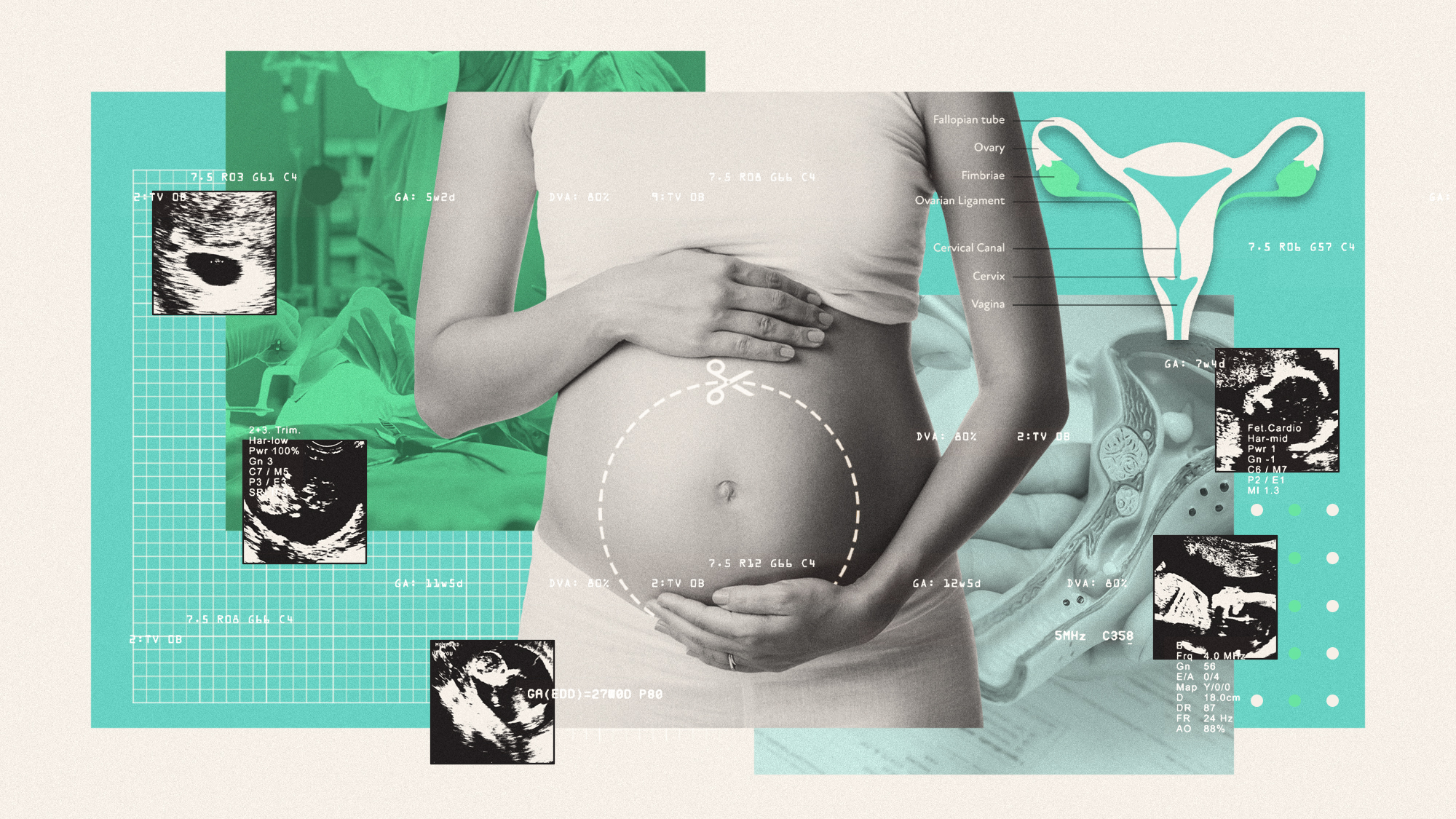 The UK's first baby born to woman with womb transplant
The UK's first baby born to woman with womb transplantThe Explainer 'Astonishing' medical breakthrough, the culmination of 25 years of research, could pave the way for more procedures to combat uterine infertility
-
 Neanderthal gene ‘caused up to a million Covid deaths’
Neanderthal gene ‘caused up to a million Covid deaths’Speed Read Genetic tweak found in one in six Britons means cells in the lungs are slower to launch defences
-
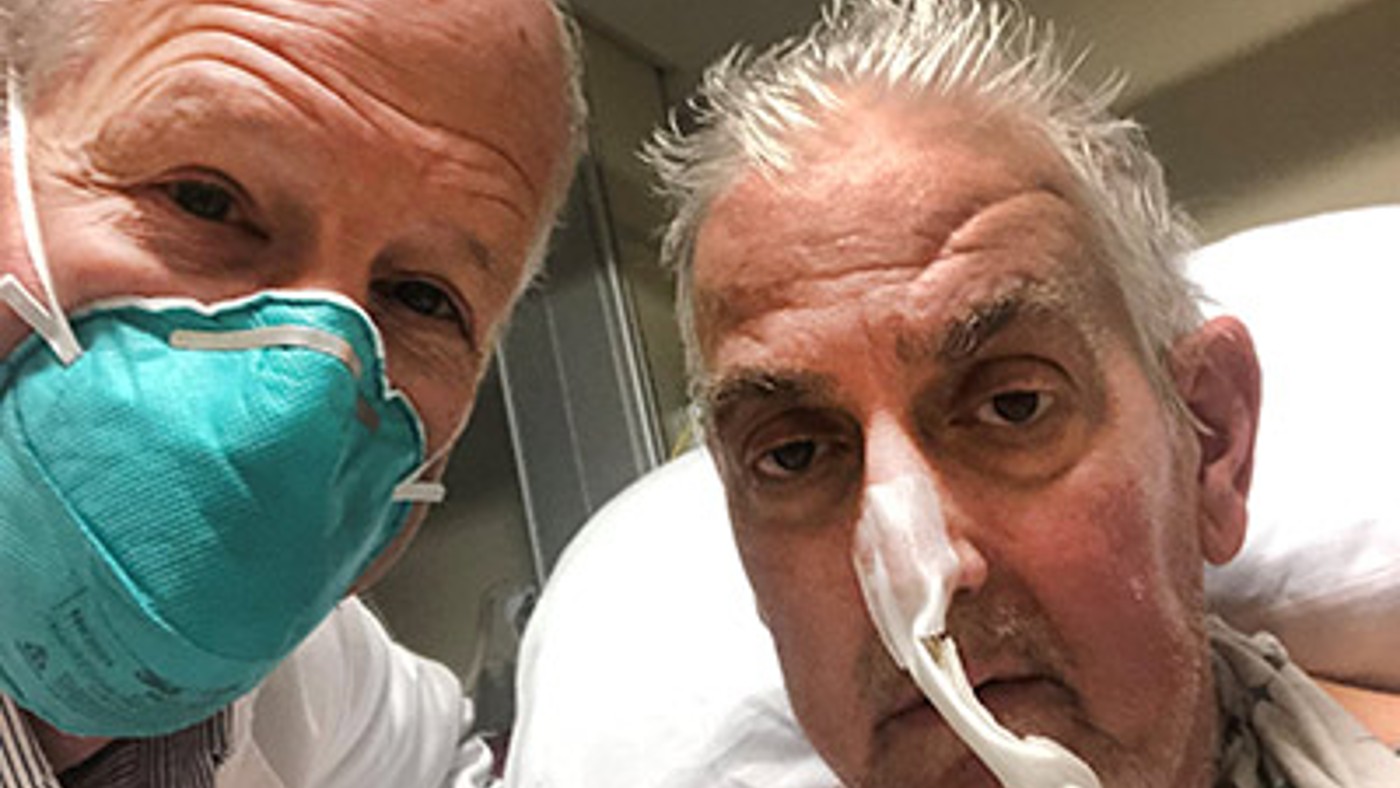 Does genetically modified pig heart transplant offer hope for acute organ shortage?
Does genetically modified pig heart transplant offer hope for acute organ shortage?feature World-first operation could make huge difference to thousands on transplant waiting list
-
 Legalising assisted dying: a complex, fraught and ‘necessary’ debate
Legalising assisted dying: a complex, fraught and ‘necessary’ debateSpeed Read The Assisted Dying Bill – which would allow doctors to assist in the deaths of terminally ill patients – has relevance for ‘millions’
-
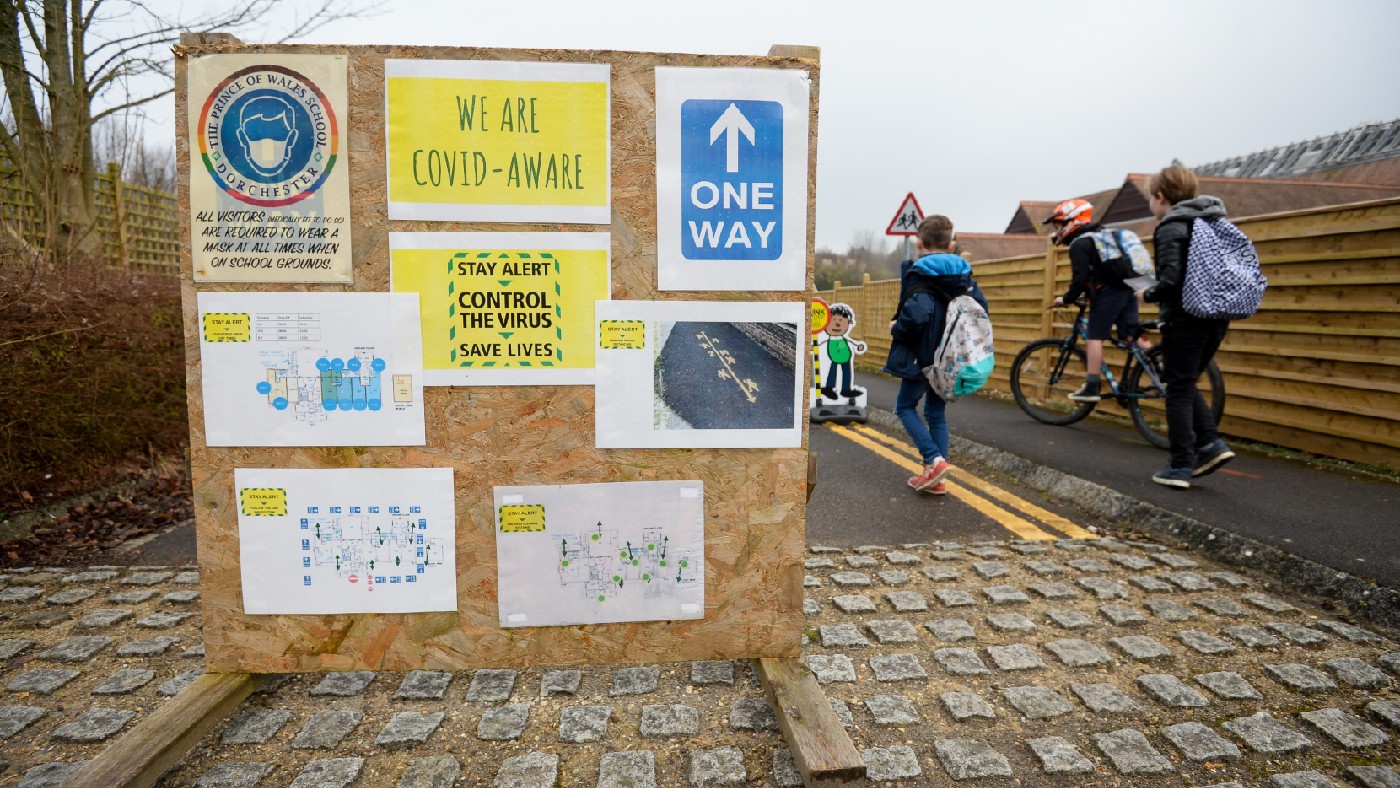 Vaccinating children: it’s decision time for the health secretary as kids return to school
Vaccinating children: it’s decision time for the health secretary as kids return to schoolSpeed Read Sajid Javid readying NHS England to roll out jab for children over 12, amid fears infections will rocket
-
 ‘Vaccination blunts, but does not defeat’: exploring Israel’s fourth Covid wave
‘Vaccination blunts, but does not defeat’: exploring Israel’s fourth Covid waveSpeed Read Two months ago, face masks were consigned to bins. Now the country is in a ‘unique moment of epidemiological doubt’
-
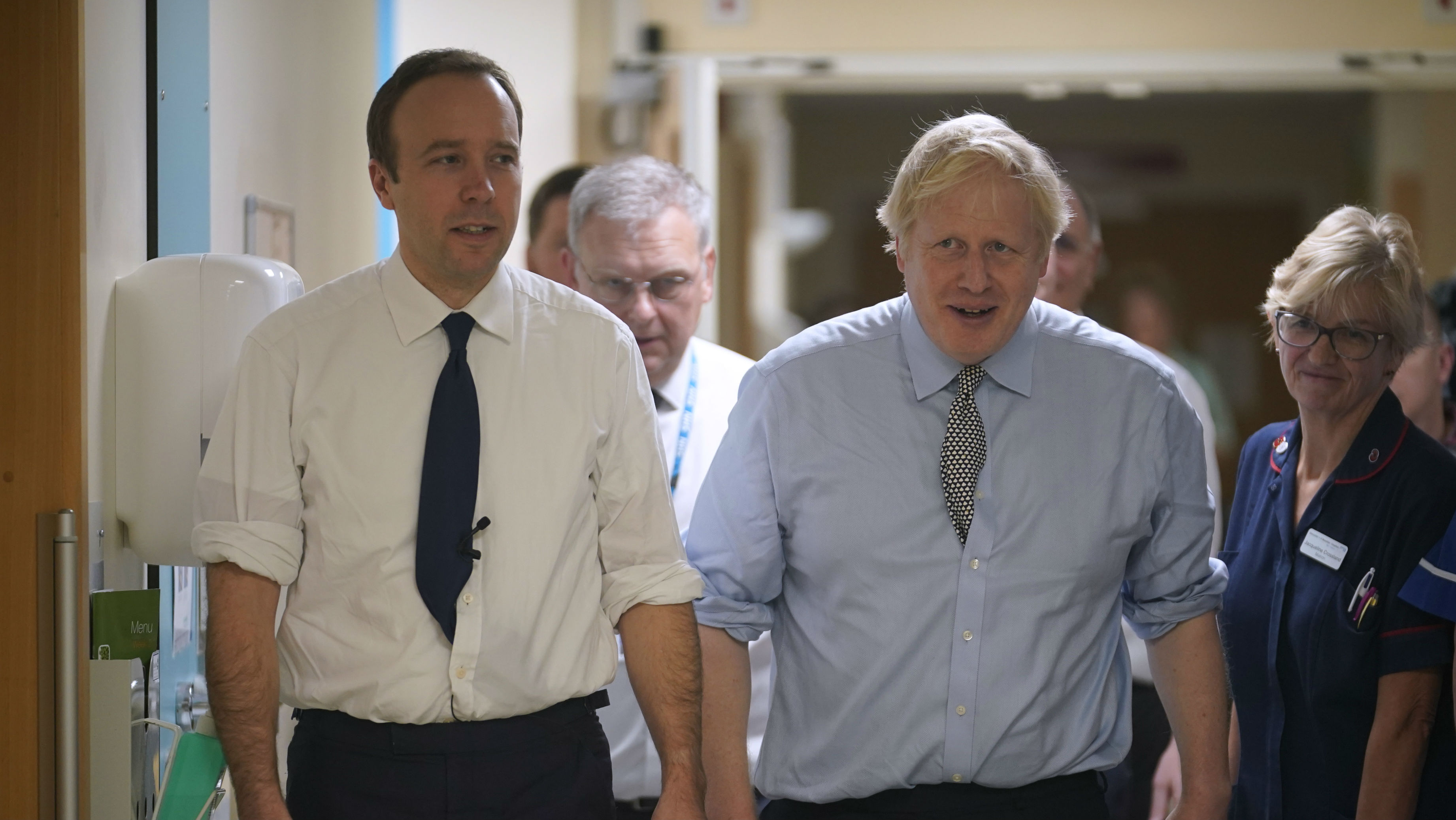 Thousands told to self-isolate in Covid app pinging error, claims Whitehall whistleblower
Thousands told to self-isolate in Covid app pinging error, claims Whitehall whistleblowerSpeed Read Source says Matt Hancock was privately told of the issue shortly before he resigned as health secretary
-
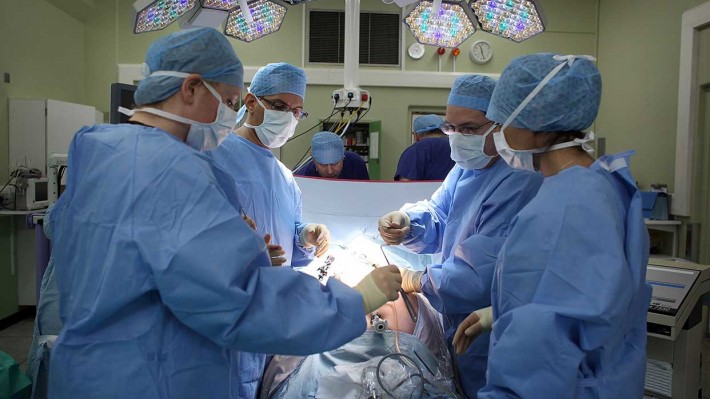 Record 5.45m people on NHS England waiting lists
Record 5.45m people on NHS England waiting listsSpeed Read Health chief warns that crisis is nearing ‘boiling point’ as backlog grows